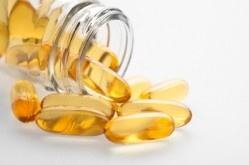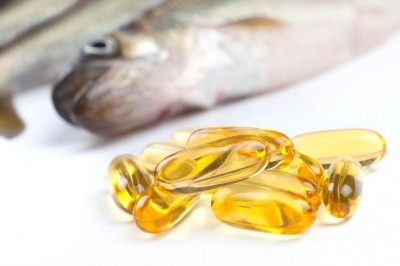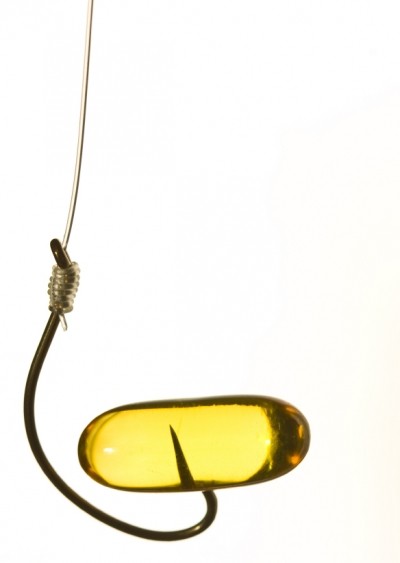‘Impossible to draw any reasonable conclusions’: GOED responds to new study about omega-3 and cognition in children

Data from Australia published in JAMA on Saturday, May 3, indicated that prenatal DHA supplementation did not appear to enhance early childhood development. The JAMA issue was released early to coincide with the Pediatric Academic Societies Annual Meeting.
“Despite the paucity of evidence, recommendations exist internationally for pregnant women to increase their docosahexaenoic acid (DHA) intake to optimize fetal brain development,” wrote the researchers, led by Dr Maria Makrides from the South Australian Health and Medical Research Institute, Adelaide.
Indeed, many organizations and government agencies recommend omega-3 supplementation for pregnant women, including ISSFAL (International Society for the Study of Fatty Acids and Lipids, 200 mg/day), March of Dimes (200 mg/day), EFSA (European Food Safety Agency, 350 - 450 mg/day), and the FAO/WHO Expert Consultation (at least 200 mg/day).
“Our data indicate that prenatal DHA supplementation does not influence objective assessments of cognition, language, and executive function at preschool age despite fewer preterm children in the DHA group, which was expected with the DHA intervention,” wrote Dr Makrides and her co-authors.
How much were the children actually receiving?
In response, Harry Rice, PhD, VP of regulatory & scientific affairs for GOED, told NutraIngredients-USA: “The current report is a longer-term follow-up from a previously published (2010) study with known design issues. While mothers were supplemented with 800 mg/day of DHA during pregnancy, there's no indication of how much DHA infants (then toddlers and pre-schoolers) were receiving.
“A more important issue is that their DHA status was unknown. Without this information, it's not possible to draw any reasonable conclusions. It's conceivable, and in fact very likely, that the DHA status of the pre-schoolers in both the treatment and control groups was the same at 4 years of age. In that case, an absence of any cognitive differences between the groups makes perfect sense.”
Study details
The new data arises from a longer-term follow-up of a previously published study in which pregnant women received 800 mg/d of DHA or placebo. That research paper, also published in JAMA, concluded that prenatal DHA supplements did not affect cognitive, language, and motor scores of children at 18 months of age, compared with placebo.
“At 4 years […] is when any subtle to moderate effects on development should have emerged and can be more reliably assessed,” explained the researchers.
However, data from 91.9% of eligible families indicated that complex mental processing, language, memory, reasoning, and problem solving did not differ significantly between the DHA and placebo groups.
“Differences in secondary outcomes seen at 18 months (including cognitive delay and mean language scores) could no longer be detected and may have been diluted by other environmental factors or may have been chance findings,” added the researchers.
“Our data do not support prenatal DHA supplementation to enhance early childhood development.”
Source: JAMA
2014, Volume 311, Number 17, Pages 1802-1804. doi:10.1001/jama.2014.2194
“Four-Year Follow-up of Children Born to Women in a Randomized Trial of Prenatal DHA Supplementation”
Authors: M. Makrides, J.F. Gould, N.R. Gawlik et al.







